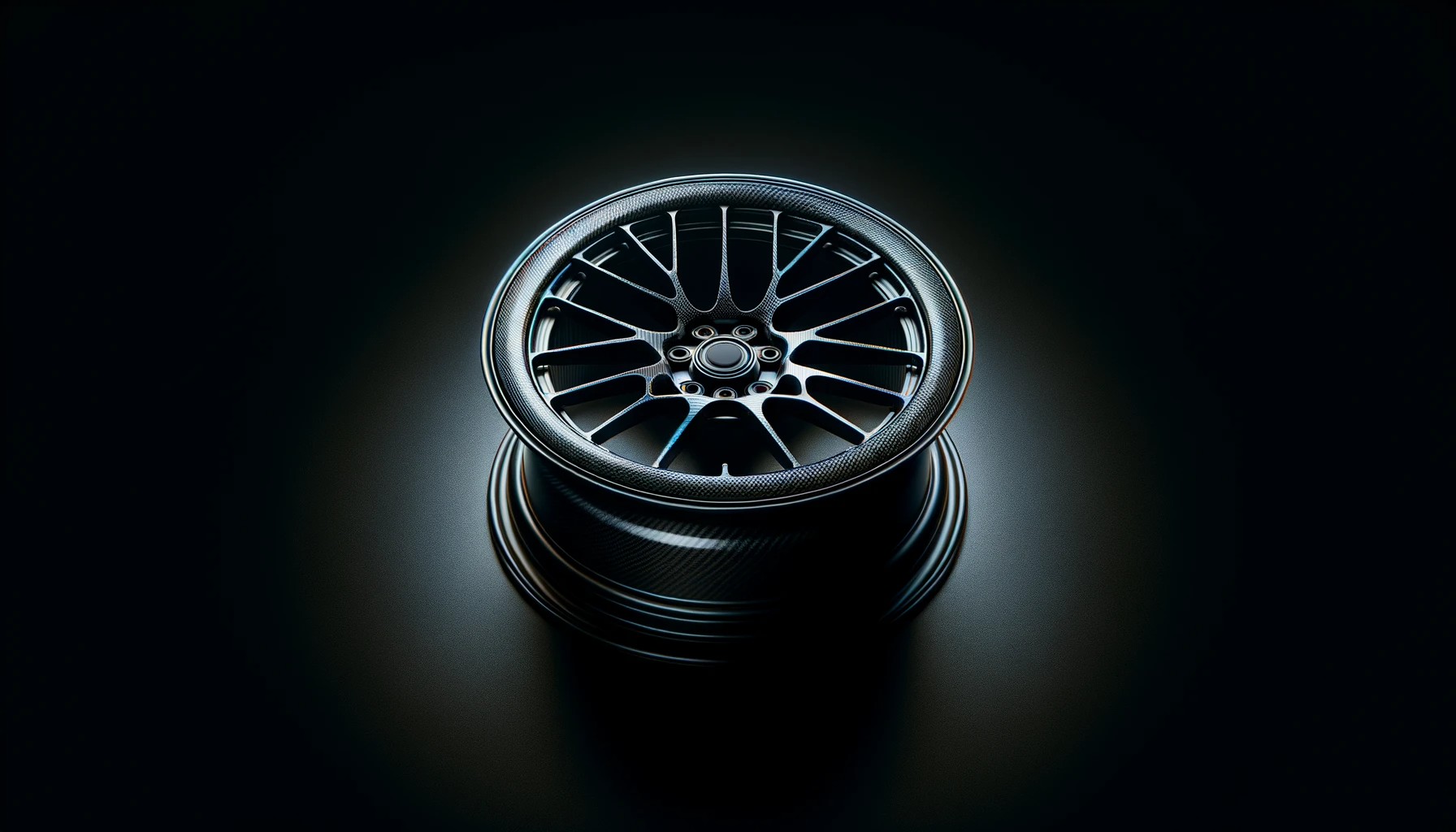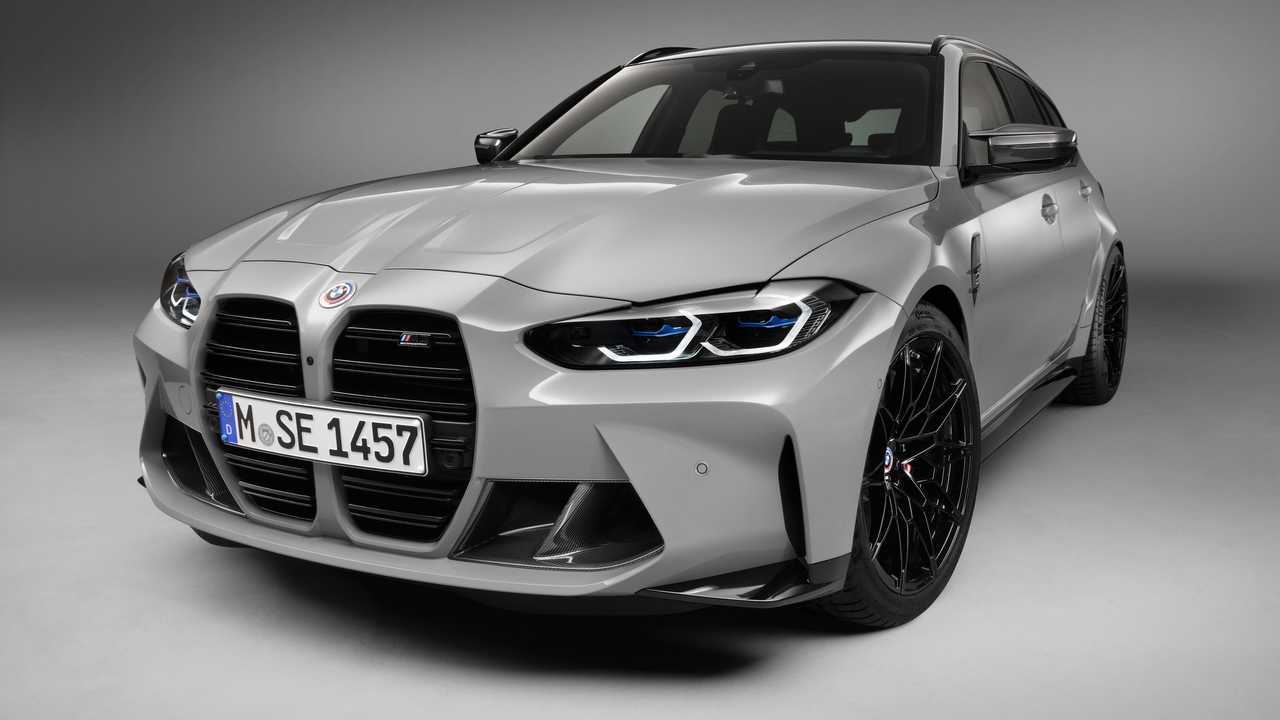
The Lightweight Revolution: Carbon Fiber Wheels Roll Across Industries
Carbon fiber vehicle wheels deliver unmatched reductions in unsprung weight, providing performance and efficiency gains that are driving broader adoption. Once only found on high-end supercars, carbon fiber wheels are accelerating across motorsports, aerospace, commercial transport, and consumer vehicles.
Formula 1 and NASCAR were early pioneers, using expensive custom carbon wheels to shave every possible ounce. Now race-inspired carbon fiber wheels from manufacturers like BBS, OZ Racing, and ADV.1 are available direct to consumers for street cars.
Major OEMs have taken notice. The Ford GT supercar comes stock with 20” lightweight carbon wheels, while Ferrari and McLaren offer them as options. BMW equips its flagship 7-Series with carbon fiber reinforced plastic (CFRP) wheels to enhance handling and ride comfort.
The aerospace industry values weight savings from carbon fiber wheels for reduced fuel consumption. Aircraft makers like Airbus are qualifying and certifying carbon wheels on new prototype planes to gauge lifelong airworthiness.
Large commercial vehicle makers also recognize carbon fiber’s benefits. Truck and bus wheels must withstand high loads. Carbon composites provide dramatic weight reduction over steel while maintaining strength. Major fleets are testing and deploying carbon wheels.
As manufacturing methods improve, carbon fiber wheel prices continue to turn the corner towards mainstream affordability. Their trajectory seems poised to follow that of carbon fiber body panels – once exotic, now proliferating. Carbon spinners enable performance that drivers and operators across industries crave.
Formula 1 and NASCAR were early pioneers, using expensive custom carbon wheels to shave every possible ounce. Now race-inspired carbon fiber wheels from manufacturers like BBS, OZ Racing, and ADV.1 are available direct to consumers for street cars.
Major OEMs have taken notice. The Ford GT supercar comes stock with 20” lightweight carbon wheels, while Ferrari and McLaren offer them as options. BMW equips its flagship 7-Series with carbon fiber reinforced plastic (CFRP) wheels to enhance handling and ride comfort.
The aerospace industry values weight savings from carbon fiber wheels for reduced fuel consumption. Aircraft makers like Airbus are qualifying and certifying carbon wheels on new prototype planes to gauge lifelong airworthiness.
Large commercial vehicle makers also recognize carbon fiber’s benefits. Truck and bus wheels must withstand high loads. Carbon composites provide dramatic weight reduction over steel while maintaining strength. Major fleets are testing and deploying carbon wheels.
As manufacturing methods improve, carbon fiber wheel prices continue to turn the corner towards mainstream affordability. Their trajectory seems poised to follow that of carbon fiber body panels – once exotic, now proliferating. Carbon spinners enable performance that drivers and operators across industries crave.



